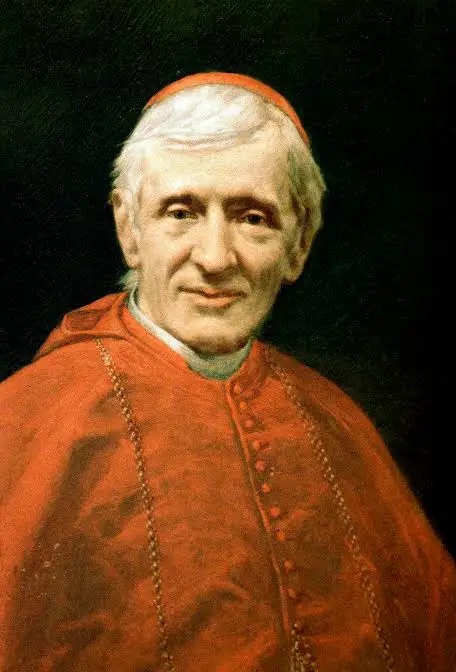My dear Harriet
We left Gib.(Gibraltar) at 9 P M yesterday, and are now in the open Mediterranean - the sea without a billow, a strange contrast to the Atlantic, and in the distance the dim shadows of snowy mountains, ranging up the Spanish coast to the N.E. - Africa out of sight. But I must go back to give you an account of our brief visit to Gibraltar, brief but crowded with portents, so wonderful is the place.
I no longer wonder at younger persons being carried away with travelling, and corrupted - for certainly the illusions of the world's magic can hardly be fancied while one remains at home. I never felt any pleasure or danger from the common routine of pleasures, which most persons desire and suffer from - balls, or pleasure parties, or sights - but I think it does require strength of mind to keep the thoughts where they should be while the varieties of strange sights, political moral and physical, are passed before the eyes.
[我不再驚奇年輕人會沉迷於旅行,甚至因而墮落 —— 因為當一個人待在家裡時,很難想像那世俗魔力的幻覺。]
(I have just been called up to see the mountains of Granada which we have neared. They are enveloped in a sheet of snow, with the clouds half way down them in dark ridges. so distant that they appear huge and formless -thro' the glass we see their lines are all angular.)
With this remark I proceed to give you some poor account of our visit to G., the first foreign land I ever put foot on. We were to have been released from our quarantine or to have obtained prattique, as it is called, tho' I cannot learn the right meaning of the word, at 2 P.M. yesterday (Monday) but by the good offices of one of Archdeacon F.'s friends, who was afterwards our conductor and host, a meeting of the Board of Health was effected early in the morning, and we were allowed to disembark at about half past 12.
Colonel Rogers of the Artillery (the officer in question) took Archdeacon F in his gig, and gave F. and I horses, and off we set to the southern point of the rock, point Europa. Here the rock is thrown about in a vast variety of forms -with deep fissures or valleys, and most picturesque groups in consequence. It is of a grey colour, varied here and there with a reddish sand.
TO JOHN FREDERIC CHRISTIE,
Rome. March 7. 1833, p.237-8
My dear Christie,
It sounds very odd to date a letter to you from Rome — tho' this remark rather reflects upon the punctuality of my correspondence with friends at home, as I have been long enough away, to be sure, to get accustomed to the oddity. Perhaps too you may think that I have been away long enough already, without determining, as I have done, to stop longer -and I can fancy you were amused on first hearing that I was not to be back by Easter.
…… Here again you will smile, but, now I am in for it the chance is I shall stop as long as I can, and see all that can be grasped in the time - for I sincerely hope never to go abroad again. I never loved home so well as now I am away from it - and the exquisite sights, which foreign countries supply both to the imagination and the moral taste are most pleasurable in memory, but scarcely satisfactory as a present enjoyment.
[我真心希望永遠不再出國。我從未像現在這樣熱愛家鄉——異國他鄉的美景,無論是在想像力上,還是在道德品味上,都令人回味無窮,但作為當前的享受,卻難以令人滿足。]
There is far too much of tumult in seeing the places one has read so much about all one's life, to make it desirable for it to continue. - I did not know before, the mind could be excited in so many various ways - but it is as much so, as if it were literally pulled about, and had now a leg twitched, and now one's head turned. The pleasure which the sight of the Morea gave me was different in kind from that which I gained from seeing Ithaca - or Sicily -or the streights of Messina, or again Rome. This is a fine sentence for it seems as if I had travelled over the Morea, whereas we only landed on the coast for an hour or two at night at a miserable whole burnt, half rebuilt, town. Yet our visit was sufficiently picturesque. In the first place, the town was Patras, i.e. Patrae of which Oxford men hear in Thucydides - and we saw in the dusk of the evening the wild mountains of both coasts and in the distance Rhium and Antirrhium. Next the country was in a state of the wildest anarchy, swarming by land and sea with bandits and pirates. The former extended thro' the whole Morea which was at that moment in a state of great excitement King Otho being almost daily expected. Accordingly some were hastening to Napoli, to make interest with him on his arrival - others, secretly favored by Russia, were keeping aloof, determining to watch the course of things before they committed themselves....
